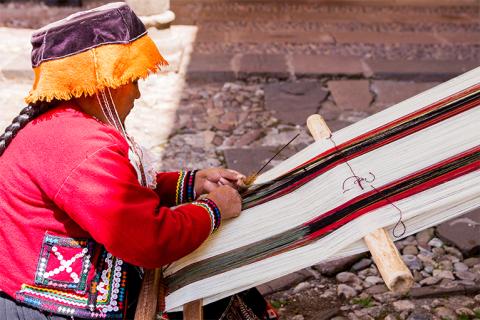
Mission
The EHLN working group Arctic and Indigenous Labour wants to bring together scholars interested in the historiography of indigenous labour in settler colonies, in and outside Europe.
Scope
Many labour historians associate indigenous history with non-European history. However, until today only Norway and Denmark are among the 23 countries which have ratified the Indigenous and Tribal Peoples Convention No. 169 of the International Labour Organisation. While appearing as models for labour relations worldwide, little interest has been paid to working and living conditions of indigenous people in the Nordic countries by scholars. Despite the fact that the process of industrialisation in the Nordic countries by and large is based on settler colonialism in the Nordic countries, this has not been part of labour history.
There are good reasons for labour historians to think about the specific synergies that come out of labour history and indigenous history, as our colleagues from other parts of the world have shown.
- The synergies are firstly conversations about dispossessive commons and capitalism.
- Secondly perspectives in labour history that go beyond wage labour and address the topics of feminist labour history, unpaid labour as well as race and racialization in settler colonialism and forced labour.
- Thirdly it refreshes old and new insights about work-culture, customs, rituals, kin and community and culture as it is lived out in changing capitalism.
- And fourthly we aim for interaction between indigenous historians and the strong political protests among indigenous people.
Activities
The Working Group offers a meeting space for labour historians and indigenous historians to exchange discussions about theoretical frameworks, specific methods and blind spots in labour history.
Contact
Coordinators: Helle Sterum and Silke Neunsinger.
External links
[last updated 30 March 2022]
